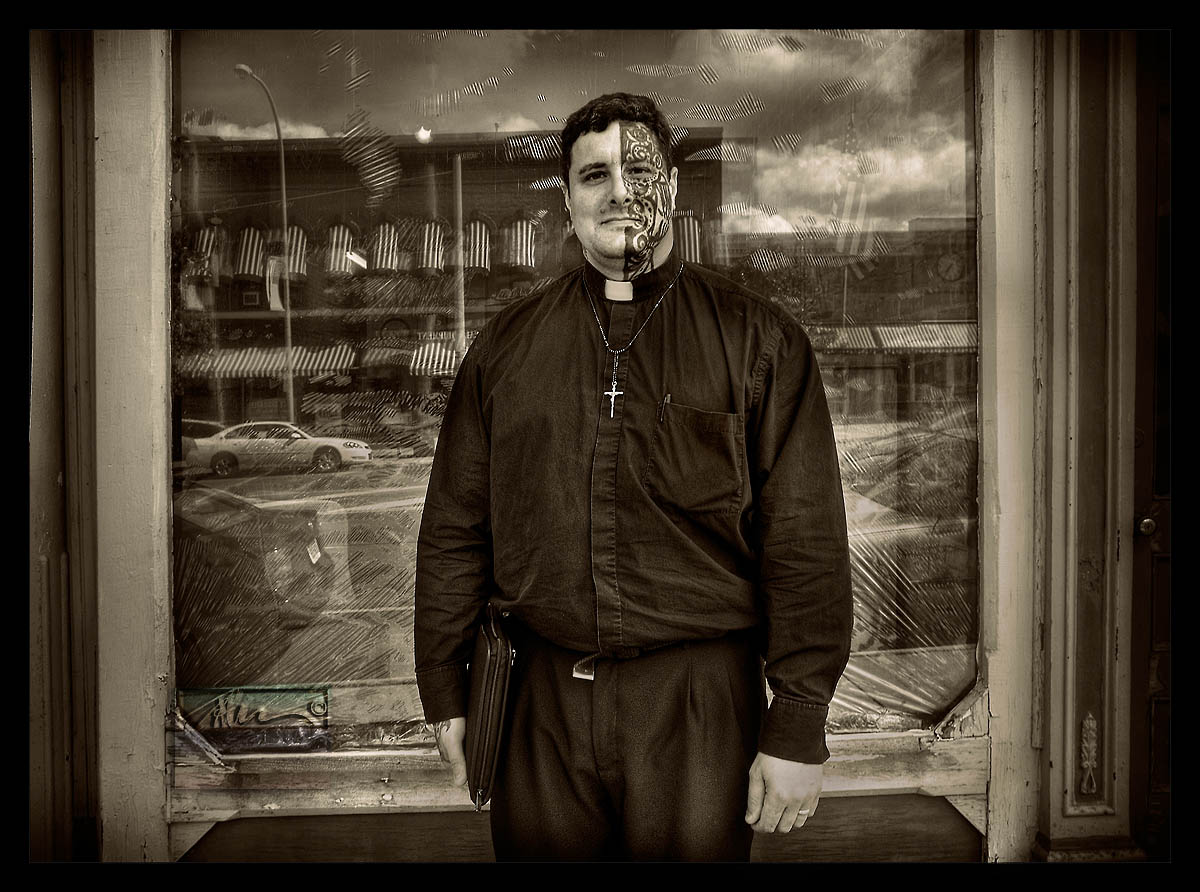Here are a few personal thoughts about what we should be thinking about when teaching photography:
- I believe that photography should include any and all of the processes that have been done in the past, are being done now and that will be done in the future. Digital is not necessarily the end all. I like to think that there will be a future with something we don’t yet know anything about. In fact it is most certain that it will be different.
- Mainstream digital photography has been around for only about 25 years. Photography itself is less than 200 years old. Music and painting have been around for eons. Photography is still an infant. While it may seem that we have created the ultimate in imaging technology, we have not yet fully defined it. It may also change over time. Nobody in 1900 had any idea that we would be using computers, electricity and math to create anything – much less an image or video or virtual worlds.
- Including all of the historical processes opens the door for experimentation. A person using digital can easily make images with alternative processes.
- I would say that it is important to have some understanding of all the visual arts including literature and possibly music. I believe it takes much more than a camera to produce great images. It is important to understand the world. The arts help us to see the world in many new ways. A photographer without compassion or understanding or knowledge is basically blind.
- I would take it even further to include spirituality and actuality. A photographer needs to understand how to use the medium for telling a story, revealing truth, to provoke thought and to question..
- The worst thing that could happen is for photography to loose its moral essence. It is way too easy to use it for devious purpose. Propaganda, warfare, privacy and hype are a few things that need to be addressed.
- The act of teaching photography is not about teaching process. It is about teaching people how and why to see the world. The idea of making images without a camera is all about seeing. Seeing is about sensing the world and attempting to understand it.
- Leaving analog out of the teaching process is similar to eliminating written language that happened before Microsoft Word.
- I think that it might be best to teach visual studies. For me, it is a matter of teaching more than shutters, apertures, film or sensors. I believe it is a matter of teaching the deeper meanings of visual language.
- It isn’t about the tool or the process. It is about the what and why. The when, where and how are up to the maker and the tools that are appropriate. If we are lucky and if history is any indication, the tools and processes will always change.
- I believe that visual studies should be taught to everyone. That would include business majors, engineers, science majors and everyone else. I also believe that we artists need to know as much as we can about the sciences, humanities and philosophy.
- It seems to me that the only way that art will ever be able to do its job is if everyone of us are on the same page.
I cover many photographic topics and techniques in my book. – Great Photography Gift Idea for any Photographer.
Please have a look at some of my other posts here.
NOTICE of Copyright: THIS POSTING AS WELL AS ALL PHOTOGRAPHS, GALLERY IMAGES, AND ILLUSTRATIONS ARE COPYRIGHT © JOHN NEEL AND ARE NOT TO BE USED FOR ANY PURPOSE WITHOUT WRITTEN CONSENT FROM THE WRITER, THE PHOTOGRAPHER AND/OR lensgarden.com. THE IDEAS EXPRESSED ARE THE PROPERTY OF THE PHOTOGRAPHER AND THE AUTHOR.



